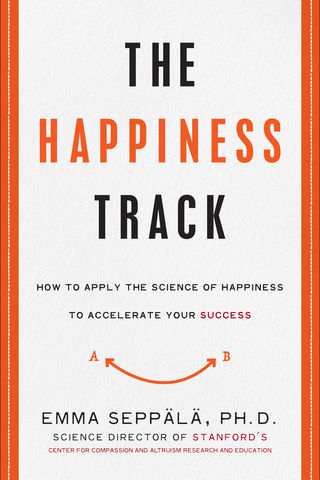Spirituality
The Surprising Health Benefits of Spirituality
Spiritual practices lead to large host of benefits for health & happiness
Posted August 8, 2016
While fewer Americans believe in God and millennials are the least religious generation in the last few decades, nine out of ten Americans have relied on prayer in times of duress. What's more, while a lot of people start yoga for exercise, those who actually stick to it do so for spiritual reasons. So, what is it about spirituality that draws people in, even as our culture seems to be shifting away from it?
Whether you consider yourself Christian, Buddhist or mindful spiritual yogi, research suggests you are more likely to
- have a longer life
- have a lower risk of depression and suicide
- be more resilient
- be more faithful in relationships
- have happier children and be more satisfied with their family life

But how does all this happen? What's the connection? Here are a few of the major ways spirituality can affect your physical and emotional health. Spiritual people are
1. More likely to volunteer or donate to the poor.
Research has shown that regular community service buffers you against the effects of stress, leading to a longer life.
2. More likely to meditate to cope with stress.
Forty-two percent of highly spiritual people will meditate when stressed rather than overeat or indulge in other unhealthy coping behaviors. And, as you've probably heard, meditation has all kinds of benefits—from improved health, happiness, and focus to decreased pain and depression.
3. More likely to have a built-in community.
After food and shelter, social connection is the top predictor of health, happiness, and longevity. Religious people are more likely to spend time with family and feel a strong sense of belonging to a community of like-minded people.
4. More likely to turn prayer.
Research suggests prayer helps people find comfort by helping them deal with difficult emotions, encourages forgiveness, and leads to healthier relationships.
Of course, these findings could also be placebo - we tend to feel better when we believe something will make us feel better. But never hurts to take a yoga class (no pun intended!), to volunteer at a homeless shelter, or try a silent retreat to check it out for yourself.

For more on the science of health & happiness, check out The Happiness Track: How to Apply the Science of Happiness to Accelerate Your Success (HarperOne, 2016)
A version of this article originally appeared on MindBodyGreen


